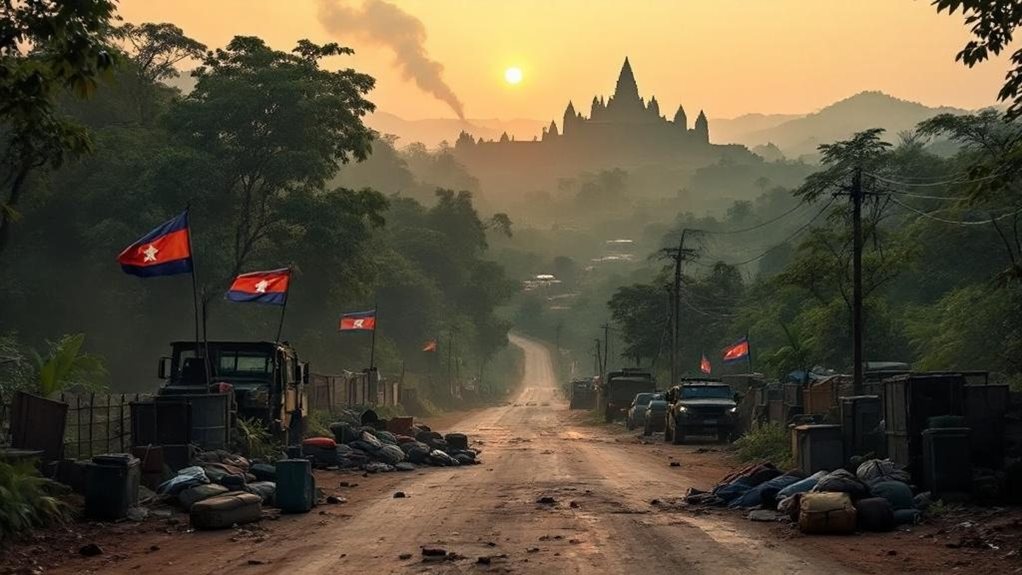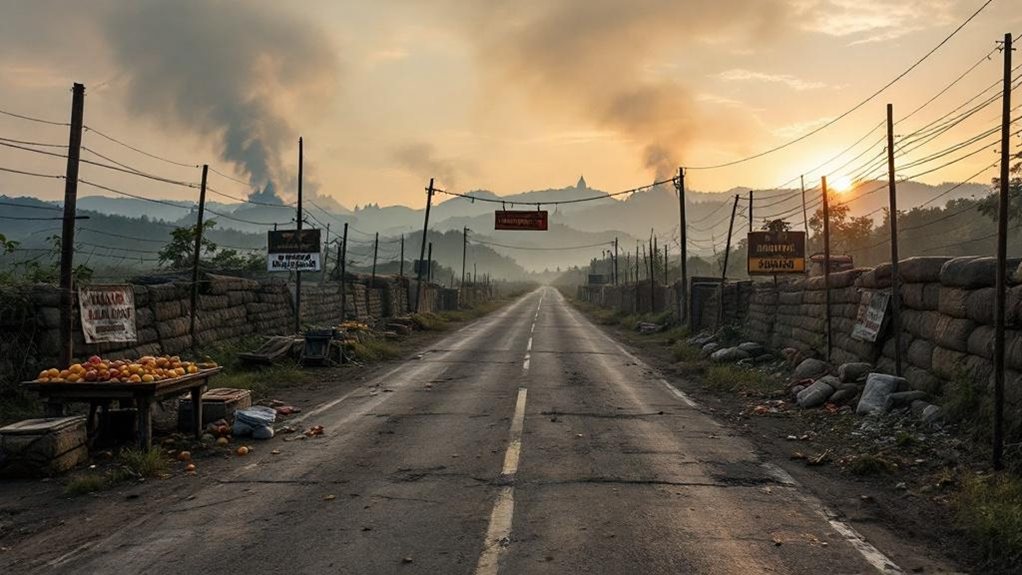The quest for a single ASEAN visa, inspired by the Schengen model and proposed by Thailand, aims to simplify travel across six Southeast Asian nations and boost tourism and economic integration. However, its complex implementation demands harmonized security protocols, technological upgrades, and shared regulatory standards. These hurdles risk diverting policy focus from more immediate cross-border challenges, including crime prevention and border control. The evolving debate highlights the delicate balance between regional ambition and practical execution, with further details revealing key regional stakes.
A proposal for a Single ASEAN Visa, recently advanced by Thai Prime Minister Srettha Thavisin, aims to transform travel across mainland Southeast Asia by allowing tourists to visit Thailand, Malaysia, Vietnam, Cambodia, Lao PDR, and Myanmar with a single entry permit. This six-nation visa initiative is designed to simplify border crossings, promote multi-country travel, and invigorate tourism throughout the region.
Under the proposal, tourists could stay for up to 90 days, considerably easing the current process that requires separate visas for each destination. The plan draws inspiration from the European Union’s Schengen visa, though it is adapted for ASEAN’s distinct political and regulatory environment. Concerns over visa overstays, illegal work, and national security are prevalent among ASEAN states, complicating the prospects for seamless implementation.
The economic rationale behind the single visa is substantial. Projections suggest the new system could increase tourist arrivals by 6 to 10 million annually, spurring job creation in local tourism industries and contributing to poverty reduction. The proposal remains in early stages, requiring extensive negotiation among the six countries to align their policies and procedures.
The ASEAN region, home to over 600 million people, is already the world’s third-largest market, and improved travel facilitation could further harness its rising middle class and attract international investors. By making travel more accessible, the visa could strengthen regional economic integration and enhance cooperation among member countries.
Despite its potential, the quest for a Single ASEAN Visa faces considerable security and regulatory challenges. Concerns center on the risk of terrorism, smuggling, and other cross-border crimes that could escalate with freer movement.
Harmonizing visa policies and sharing sensitive security data among diverse nations present considerable technical and political obstacles, especially given varying entry protocols and technology capacities. Effective oversight requires a high level of trust and political will, which can be difficult to sustain in a region marked by political shifts and differing legal frameworks.
Institutionally, ASEAN’s reliance on national bureaucracies for enforcement raises doubts about consistent and effective implementation. Member states must also be willing to relinquish some control over immigration, a move often met with resistance.
While the initiative promises economic gains and simplified travel, its realization depends on overcoming entrenched legal, political, and security hurdles that continue to challenge deep regional integration.









